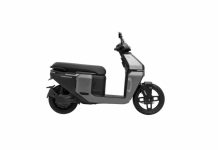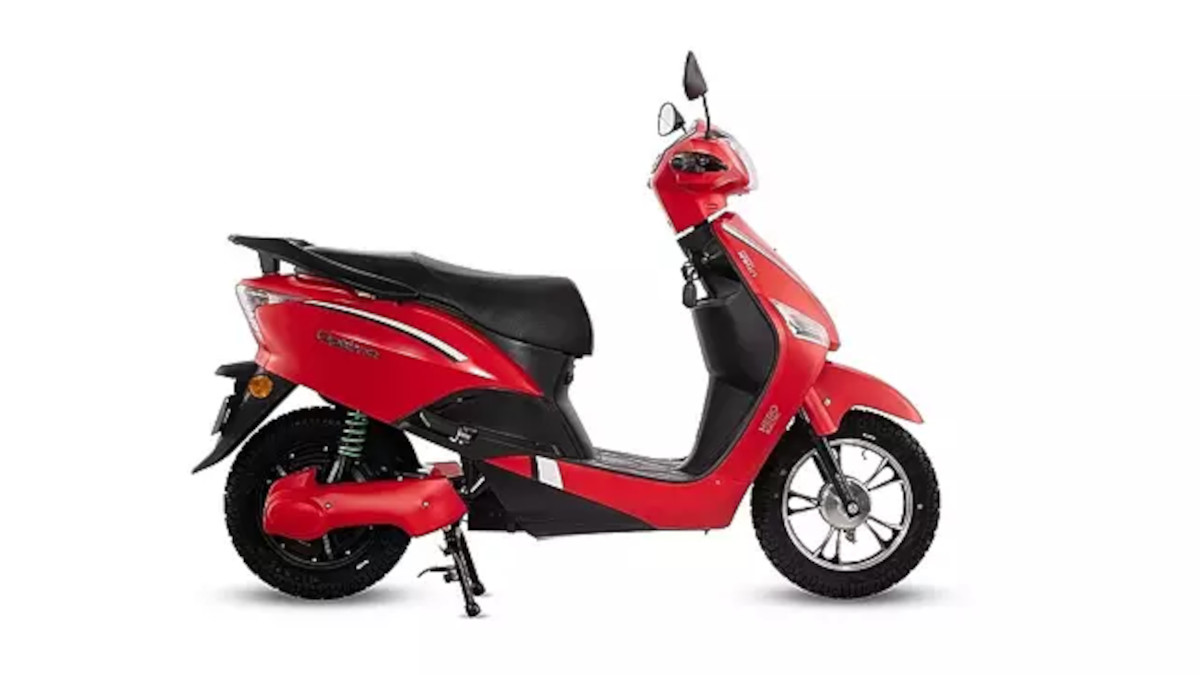The government plans to penalise erring e-scooter companies that have been found to have violated local sourcing norms required to be met under the FAME II scheme for claiming incentives. The government has sent recovery notices totalling nearly ₹500 crores to seven companies, including Hero Electric, Okinawa Autotech, Ampere EV, Revolt Motors, Benling India, Lohia Auto and AMO Mobility.

Indian Government
The government is considering several measures to penalise these companies, including debarring them from availing government subsidies in the future, not allowing them to avail of sops on vehicles sold over the last 15 months, and imposing fines. The government is also considering taking legal action against these companies.
The penalties are being imposed because the companies did not meet the local sourcing requirements of the FAME II scheme. The scheme requires that at least 50% of the components of an electric vehicle must be sourced from India to qualify for the incentives. However, the companies that have been penalised did not meet this requirement.
FAME 2
The government’s decision to penalise these companies is a sign that it is serious about enforcing the local sourcing requirements of the FAME II scheme. The government also sends a message to other e-scooter companies that they must comply with the scheme’s requirements to qualify for the incentives.
The penalties are also likely to have a deterrent effect on other companies that may be considering violating the local sourcing requirements of the FAME II scheme. The government hopes that the penalties will help ensure the scheme is implemented fairly and transparently.
The government’s plan to penalise erring e-scooter companies will likely have several effects on the electric scooter industry.
- Financial impact: The companies penalised will have to repay the government the money they received in subsidies. This could be a significant financial burden for these companies, making it more difficult for them to operate.
- Reputational impact: The companies that have been penalised will also suffer a loss of reputation. This could make it more difficult for them to attract customers and investors.
- Competition: The companies penalised will be at a competitive disadvantage to other e-scooter companies that have not violated the local sourcing requirements. This could lead to a loss of market share for the penalized companies.
- Industry growth: The government’s crackdown on erring e-scooter companies could hurt the growth of the electric scooter industry. This is because it could make it more difficult for companies to obtain the subsidies they need to invest in research and development, manufacturing, and marketing.
However, it is also possible that the government’s plan could positively affect the electric scooter industry. For example, it could encourage other companies to comply with the local sourcing requirements, which could help ensure the industry’s long-term sustainability.
Additionally, the government’s crackdown could increase public awareness of the importance of local sourcing, which could boost demand for electric scooters made in India.
Conclusion
Overall, the impact of the government’s plan to penalise erring e-scooter companies on the electric scooter industry is still uncertain. However, it is clear that the plan will significantly impact the finances, reputation, and competitiveness of the companies that have been penalised. It is also possible that the plan could hurt the growth of the industry.
































